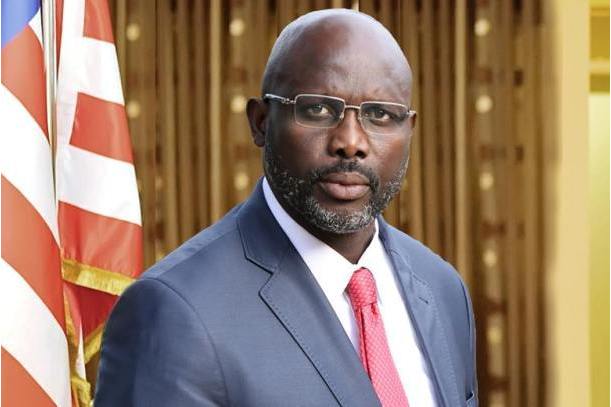Latest News
IMF reaches agreement with Liberia on lending programme

News Highlight
One of the key elements of the programme is implementation of a 2020 budget that constrains expenditure to available resources and avoids inflationary and reserve-depleting borrowing from the Central Bank of Liberia.
The Liberian authorities and IMF staff have reached a staff-level agreement on a new lending programme subject to fulfilment of significant prior actions in the fiscal and monetary areas. The key objectives of the programme are to restore macroeconomic stability, provide a foundation for fiscal sustainability, inclusive growth, and address weaknesses in governance.
One of the key elements of the programme is implementation of a 2020 budget that constrains expenditure to available resources and avoids inflationary and reserve-depleting borrowing from the Central Bank of Liberia.
IMF staff welcomed the Liberian authorities’ determination to restructure the wage bill, a key policy reform considered necessary to free up fiscal space and make a credible and viable budget possible, while also increasing transparency, accountability, and equity. IMF said all three branches of the Liberian government participated in the discussions, and that the process yielded a progressive outcome, in that the burden was borne by the higher paid employees with the poorest benefiting from salary increases, including among teachers, health workers and line security forces.
It is anticipated that the IMF Executive Board would consider approval of Liberia’s formal request for financial support under the Extended Credit Facility as early as the first half of December 2019 if the country meets set conditions.
According to the World Bank, Liberia’s economy is challenged by rising inflation as a result of the depreciation of its currency against the US dollar. Data from the African Development Bank shows the Liberian dollar depreciated by 24.5 percent against the US dollar in 2017 and by 27 percent by the end of June 2018. Liberia’s public debt was 41.3 percent of GDP in 2017.
Related News
Latest Blogs
- Assessing the National Policy on Marine and Blue Economy
- When the intent of taxation reset diverges from its execution
- Towards healthcare system that protects patients and is fair to practitioners
- Outlook on 2026 global remittances and Nigeria
- Putting food at the centre of Nigeria’s health reform
Most Popular News
- Artificial intelligence can help to reduce youth unemployment in Africa – ...
- NDIC pledges support towards financial system stability
- Grene Capital spins out of Actis as independent real asset fund manager
- Cairo events focus on Africa’s asset integrity and cybersecurity
- Cuts to donor funding threaten the right to health
- Global job quality stagnates despite resilient growth – ILO






